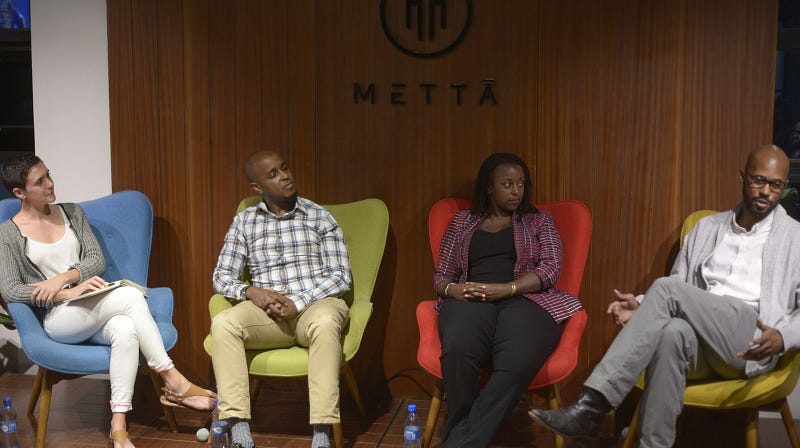How hard will it be to lead the workforce of the future?
Automation is increasingly being adopted in today’s operations and with this in place, the fear of workers being replaced has become rampant over the years. In reality, however, technology has historically created more jobs than it has eliminated.
According to research done by McKinsey Global Institute on automation, 60% of all occupations have about 30% of tasks automatable. This means that most times, humans will work alongside machines, hence the need to be tech-savvy.
In this regard, while machines are considered helpful and efficient, they have limitations on what they can accomplish independently. It follows that even with all the hype surrounding technology, organizations are consistently seeking out individuals with key soft skills which cannot be replaced by machines.
Some of the skills unique to human intelligence but necessary to succeed in the workforce of the future include:
Analytical skills:
This refers to one’s ability to investigate and find solutions to problems effectively.
These skills range from communication, creativity, critical thinking, data analysis, and research.
Good news is, you can strengthen these through routine and practice. A few tips on how to go about this include:
- Practice daily — Do brain exercises, read more books to expand your view of the world. Take a course online to build on skills such as excel or data analytics. www.edx.org is an excellent website with tons of courses.
- Break your routines — Try a different way of doing the same thing, so you don’t find yourself stuck in a rut.
- Watch someone else solve a problem — Take notes as you observe and practice the new tricks later!
- Think through your decisions — Weigh the pros and cons of your choices. Ask for expert opinion or do some research to determine your best option.
Critical thinking and problem-solving skills:
This includes a collection of traits and abilities that emphasize a logical approach to tackling new ideas, sorting information and discovering creative solutions in the workforce of the future.
Organizations are increasingly in need of individuals who can effectively identify the problems that exist and come up with ways the organization can go about solving these problems. This is also a bonus to your relationships.
Learn how you can build this skill set with these techniques and tricks from Lionel Valdellon.
Data skills:
With the continuous growth of internet usage, organizations now acquire a lot of data from their customers. They face the burden of finding ways in which they can interpret the information to make sound business decisions.
Consequently, individuals with the ability to accurately infer patterns, draw conclusions and make recommendations based on data, are increasingly valuable in the workforce of the future.
Cognitive flexibility:
Your ability to adapt to change.
Given these ever-changing times, organizations are consistently challenged to adapt to new trends in business. Like any skill, one can sharpen this by putting your brain to work to learn new skills at every turn. We gain massive rewards by ensuring that we remain open to change.
People management:
How do you collaborate with others? Are you open to learning from those around you regardless of the difference in roles?
Just as people execute ideas and plans, machines are operated by people. Organizations are keen to hire and retain individuals who work well within the team and can effectively actualize their vision. A few tips on how you can develop this skill set in the workforce of the future:
- Practice active listening
- Acknowledge the expertise of others
- Control your emotions
- Practice empathy
- Cultivate a positive outlook
- Have a genuine interest in your colleagues
- Maintain your relationships and networks — Don’t let “Out of sight, out of mind” ruin relationships you’ve cultivated over the years
In conclusion, it is clear that we all need to be life-long learners, as work today is less predictable and less structured than it used to be. What you know today may not be relevant in the workforce of the future. Therefore, hone your creative, human and persuasion skills. In addition to this, open yourself up to new experiences and explore the space that sits outside of your comfort zone starting today.
Photo by Sean Foley on Unsplash
Related Article: The Future of Work: Best of Times and/or Worst of Times?
Want to receive more professional development content straight to your inbox? Sign up for our bi-weekly newsletter here!






































